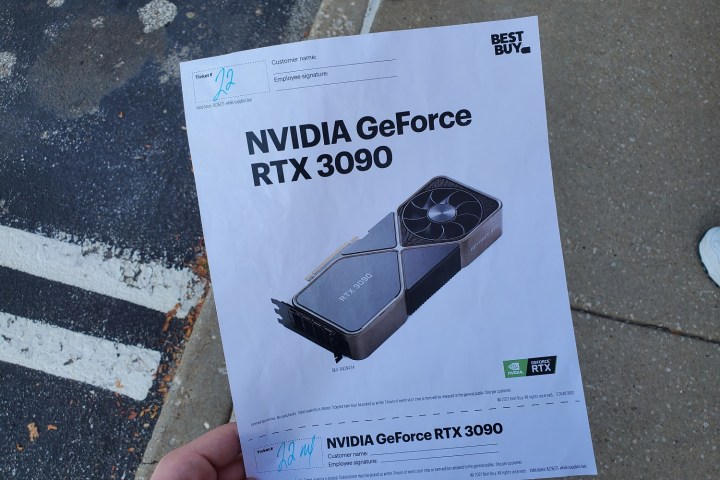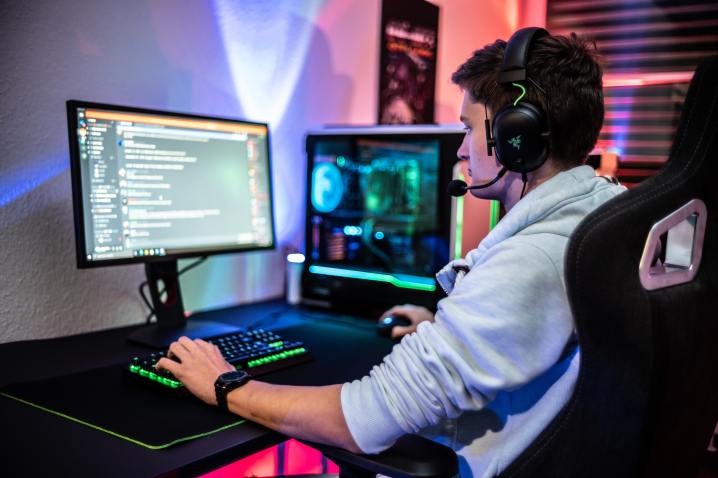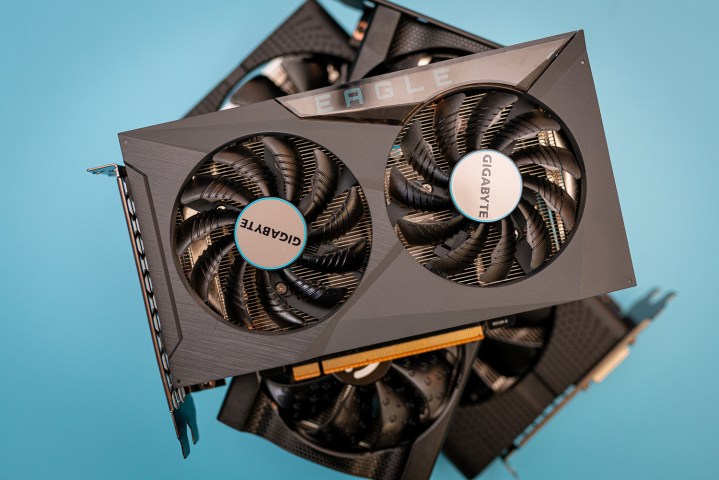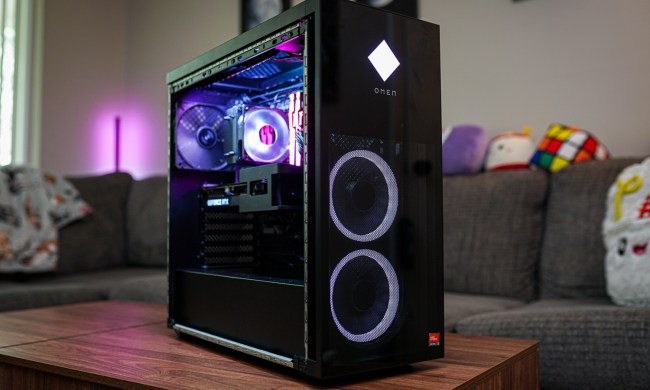Like many people, I bought a GPU at the height of the GPU shortage — August 2021. We were about a year separated from the start of the shortage, but GPU prices were still soaring with most cards selling for twice as much as list price (or more). I’ve started to feel a little buyer’s remorse, and I’m not alone.
But I bought my GPU last year because I had an opportunity to, and as most enthusiasts know, those opportunities were few and far between. “Just wait” only works in retrospect. If you bought a new GPU or gaming PC when it seemed like there was no way out of the shortage, you shouldn’t regret it. I don’t, and I’ve gotten more than my money’s worth while we were all stuck inside.
Money well wasted

Ask if my GPU was worth it, and the answer is crystal clear: absolutely not. But honestly, the vast majority of PC components aren’t worth it. Most gamers play at 1080p, and as I recently wrote about in my dissection of GPU benchmarks, the most popular PC games are far from the most demanding ones. If you’re an enthusiast and upgrade every couple of generations, you’re not getting the optimal value.
There’s always something new waiting in the wings, too. Although it’s true there are rare times it’s bad to build a PC, most of the time, you’re flanked by previous generations that are starting to date and next generations that promise to raise the bar for performance across the board. Buying in early means you don’t get the best value, but buy in too late, and you’ll be sitting on last-gen hardware within a few months.
Constantly chasing prices after you’ve upgraded is an exercise in futility.
Because of how quickly PC components are updated, it’s important to accept the price you pay at the time you pay it. The idea of future-proofing never plays out in practice, so there’s always some portion of the price you pay that relates to how new (or old) the components you’re buying are. And that’s true even in the middle of a GPU shortage.
I’m not saying you should just accept whatever the going price is for a graphics card or processor. If you want to wait it out for a better value, you absolutely should. That’s the smart thing to do. But constantly chasing prices after you’ve upgraded is an exercise in futility, as the fierce PC component market marches on and prices continue to drop.
And out of all of the times you could spend too much to build or upgrade a gaming PC, it has been more justified over the last couple of years.
The pandemic tax

It’s no secret that demand for PCs grew massively throughout 2020 and into 2021, but gaming PCs, in particular, saw a larger growth in demand than PCs overall. We were locked inside, and even for people who don’t normally unwind with some games at night, the pandemic focused the conversation around online games where friends could spend time together, even if it was virtually.
I’ve kicked myself more times than I can count for buying a GPU at the height of the shortage, especially now that GPU prices are dropping below MSRP. I’ve gotten my money’s worth, though. Over the course of the pandemic, I’ve made new friends and reconnected with old ones, all focused around games and Discord chats.
I paid the pandemic tax, and it was worth it. My new GPU allowed me to push settings higher, say “yes” to any game my group could throw at me, and rest assured that I could keep busy when there wasn’t much else to do. I could have waited for prices to drop, but I would have missed the months of the pandemic when my gaming PC made all the difference.
If you didn’t, consider yourself lucky

Before wrapping this up, I need to make it clear that I don’t think it was a good idea to overspend on a
If you made it through the pandemic and are looking to buy a GPU now that prices are normal, my hat’s off to you. But for the millions that paid the pandemic tax, accepted the worse value, and built or upgraded a PC during the shortage, you shouldn’t regret it. There was a good reason to overspend on a gaming PC over the last couple of years, and with the way GPU prices are going now, you might make up that extra cost by the time next-gen rolls around.




